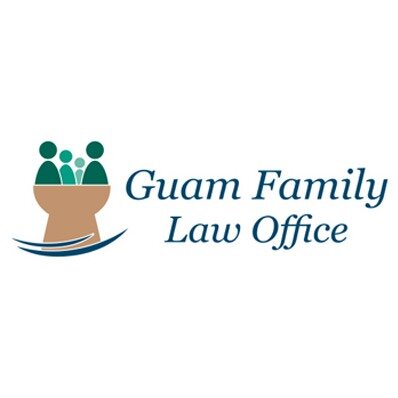Best Collaborative Law Lawyers in Guam
Share your needs with us, get contacted by law firms.
Free. Takes 2 min.
Free Guide to Hiring a Family Lawyer
Or refine your search by selecting a city:
List of the best lawyers in Guam
About Collaborative Law in Guam:
Collaborative Law in Guam is a form of alternative dispute resolution where parties work together to resolve their legal issues without going to court. This process emphasizes communication, cooperation, and finding mutually beneficial solutions.
Why You May Need a Lawyer:
You may need a lawyer in Collaborative Law in Guam if you are facing a legal issue such as divorce, child custody, or property division, and want to ensure your rights are protected during the collaborative process. A lawyer can provide legal advice, represent your interests, and help guide you through negotiations.
Local Laws Overview:
In Guam, Collaborative Law is governed by the Uniform Collaborative Law Act, which provides guidelines for the collaborative process. It is important to understand these laws and how they may impact your case when pursuing a collaborative approach to legal issues.
Frequently Asked Questions:
What is Collaborative Law?
Collaborative Law is a voluntary dispute resolution process where parties work together to reach a settlement without going to court.
How does Collaborative Law work in Guam?
In Guam, Collaborative Law follows the guidelines set forth in the Uniform Collaborative Law Act, which promotes a cooperative and respectful approach to resolving legal issues.
Do I need a lawyer for Collaborative Law in Guam?
While not required, having a lawyer in Collaborative Law in Guam can provide you with legal advice, representation, and guidance throughout the collaborative process to protect your rights and interests.
What types of legal issues can be resolved through Collaborative Law in Guam?
Common legal issues that can be resolved through Collaborative Law in Guam include divorce, child custody, spousal support, and property division.
What are the benefits of Collaborative Law in Guam?
Benefits of Collaborative Law in Guam include faster resolution, cost savings, privacy, and the ability to tailor solutions to meet the needs of both parties.
What happens if the collaborative process in Guam is unsuccessful?
If the collaborative process in Guam is unsuccessful, both parties will need to hire new attorneys if they choose to pursue litigation in court.
How long does the Collaborative Law process take in Guam?
The length of the Collaborative Law process in Guam can vary depending on the complexity of the legal issues involved and the willingness of the parties to cooperate and negotiate.
Is Collaborative Law legally binding in Guam?
Once a settlement is reached through Collaborative Law in Guam and signed by both parties, it becomes legally binding and enforceable in court.
Can I switch from Collaborative Law to litigation in Guam?
If the collaborative process in Guam is unsuccessful, parties can choose to pursue litigation in court with new attorneys representing them.
How can I find a Collaborative Law lawyer in Guam?
You can find a Collaborative Law lawyer in Guam by contacting local bar associations, legal directories, or asking for recommendations from friends or family members who have used collaborative services.
Additional Resources:
For more information on Collaborative Law in Guam, you can contact the Guam Bar Association or visit the Guam Court website for resources and guidelines related to the collaborative process.
Next Steps:
If you are considering Collaborative Law in Guam and need legal assistance, reach out to a qualified Collaborative Law lawyer to discuss your options and how they can help you navigate the collaborative process effectively.
Lawzana helps you find the best lawyers and law firms in Guam through a curated and pre-screened list of qualified legal professionals. Our platform offers rankings and detailed profiles of attorneys and law firms, allowing you to compare based on practice areas, including Collaborative Law, experience, and client feedback.
Each profile includes a description of the firm's areas of practice, client reviews, team members and partners, year of establishment, spoken languages, office locations, contact information, social media presence, and any published articles or resources. Most firms on our platform speak English and are experienced in both local and international legal matters.
Get a quote from top-rated law firms in Guam — quickly, securely, and without unnecessary hassle.
Disclaimer:
The information provided on this page is for general informational purposes only and does not constitute legal advice. While we strive to ensure the accuracy and relevance of the content, legal information may change over time, and interpretations of the law can vary. You should always consult with a qualified legal professional for advice specific to your situation.
We disclaim all liability for actions taken or not taken based on the content of this page. If you believe any information is incorrect or outdated, please contact us, and we will review and update it where appropriate.
Browse collaborative law law firms by city in Guam
Refine your search by selecting a city.










